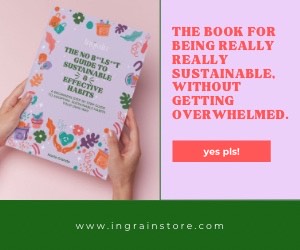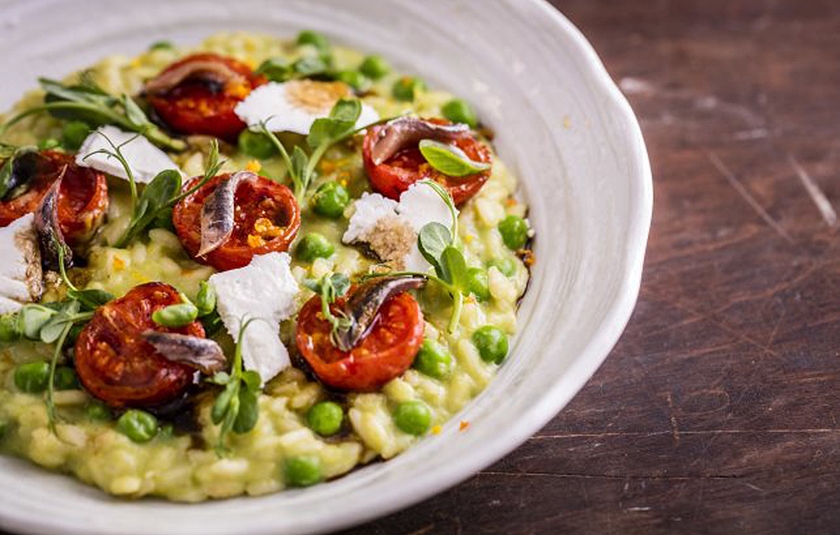The day was to show suppliers exactly what rearing organic pigs, chickens, lambs, Aberdeen Angus cattle and bison involves. Head chef Daniel Bohan who has been at the Michelin starred River Cafe for eight years, said: ‘It’s definitely good to see where the meat I’m cooking comes from.’
Owned by Lord Newborough, Rhug is the largest commercial organic farm in the area with over 6000 acres of land in Wales and Shropshire. ‘It has been in my family for generations but in 1998, after my father died, we decided to go organic,’ Lord Newborough said. ‘We now have a team of about 85 people and the focus is very much on environmental sustainability, animal welfare and the health properties of our produce.’
The tour started at Home Farm in Astley, Shropshire, where Rhug breed their pigs. Nick Taylor, who returned to his family’s farm after university, explained how traditional methods of crop and livestock rotation mean there is no need for pesticides and antibiotics. As well as looking to the past for sustainable methods, Rhug is also embracing the future using hydroschemes as well as solar and geothermal energy to power the farm.
According to The Soil Association, global sales of organic products continue to rise with the UK being the only exception. British sales were down by 3.7% in 2011. In all other major European organic markets and in the US, strong growth has continued with sales of organic products in China quadrupling in the last five years. Despite the UK slump, however, the team at Rhug are hopeful about the future, as customers include UK supermarkets Waitrose and Sainsbury’s, as well as various restaurants around the country.
The chefs were also taken to Rhug’s main farm in Denbighshire where lamb, poultry, cattle and bison are reared. Bison are native to North America but according to Lord Newborough, are very easy to look after with their meat having additional health properties, most notably being lower in fat.
Organic farming is overseen by The Soil Association and is comparatively expensive and labour intensive. But according to Daniel Bohan, the difference is apparent. “It’s the depth of flavour,” he said. “It’s just so much better with organic meat. From the way it’s reared to the way it’s hung once it has been killed. It all affects the taste.”
All photographs courtesy of Ruby Hughes.
















